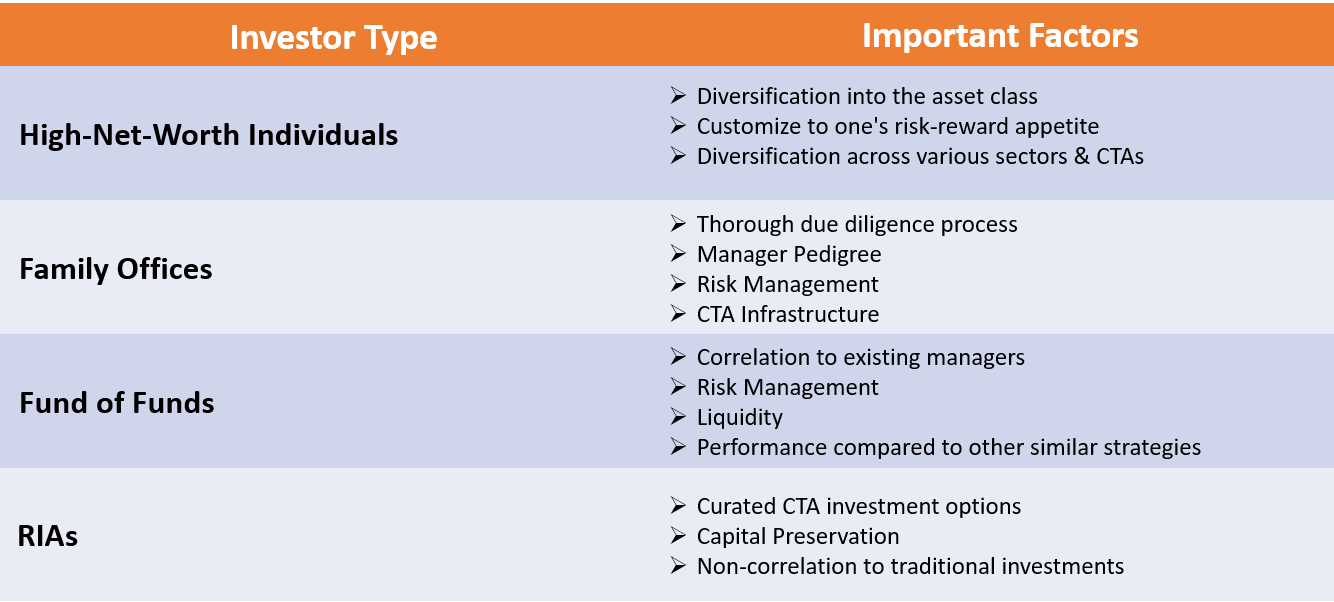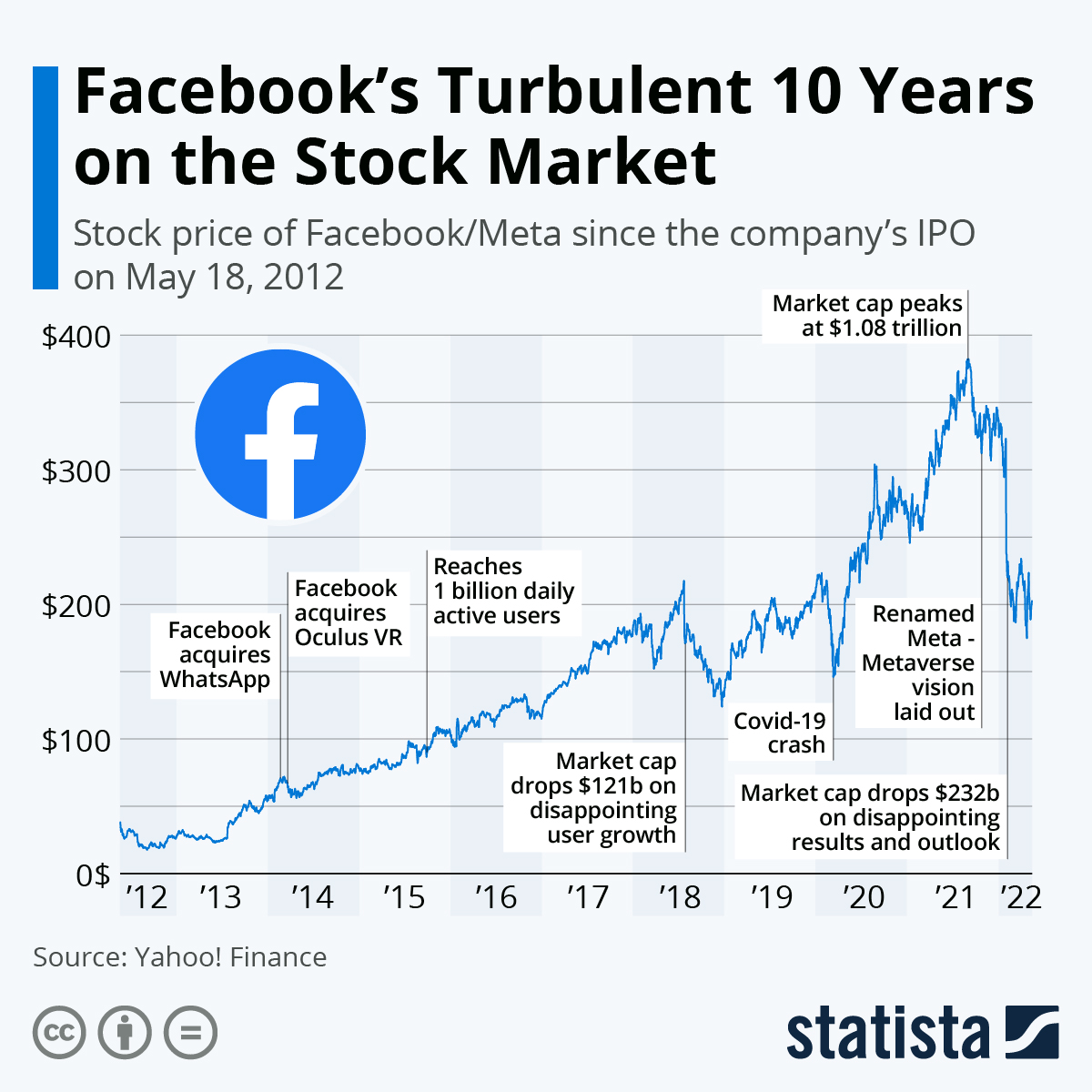
There are many types to REITs. These include non-traded REITs that are hotel and motel, equity REITs, hybrid REITs, as well as REITs that are not traded. Let's take a closer at each type to help you choose the right investment. These types are also categorized according to their tax status. Listed below are some of the main differences between each one. Read the descriptions for each type to learn more.
Equity REITs
Equity REITs can offer many advantages. These funds can invest in many different REITs. It makes sense to keep the funds in a tax-advantaged account because the company pays large dividends. You can also hold REITs in IRAs so that distributions can be delayed for tax purposes. REITs are a great way of diversifying your portfolio while reducing your risk. ETFs and mutual funds offer many REIT investment options and let you invest in them with little to no effort.

Non-traded REITs
You can invest in non-traded REITs for diversification beyond the normal realm of investments, as well as professional management. A non-traded REIT requires a relatively small capital investment, and non-qualified accounts start at $5,000. These companies carry significantly greater risks than public REITs. It is important to carefully read the prospectus before you invest.
Hotel & motel REITs
One of the most profitable real estate asset classes is hotel and motel REITs. They trade at discounts that are persistently lower than their REIT averages, and they have underperformed C-Corp counterparts. The margins of 25-30% EBIT are also lower than that of the rest in the real-estate sector. However, hotel REITs have been successful in controlling rising expenses. Their capex requirements are significantly higher than the industry average, which is 15%.
Hybrid REITs
Hybrid REITs don't rely on mortgages to generate their income. They instead invest in mortgagebacked securities. These hybrid REITs are used to hedge the risks associated with real estate investments. Hybrid REITs have the advantage of both equity REITs as well as mortgage REITs. In addition, they are less volatile or liquid than publicly traded REITs. Find out more about hybrid REITs.

Retail REITs
Investors frequently ask this question when they buy retail REITs. These questions are important to answer before investing in any retail real estate investment trust (REIT). The most common answers are net operating income, funds from operations, and adjusted funds from operations. These metrics measure the performance of retail REIT companies both in terms of financial performance and operating efficiency. For understanding dividend payouts, it is helpful to know how funds are made from operations. Let's look at these three categories to see how they can be used to help you decide if a REIT retail is worth your investment.
FAQ
What is the distinction between marketable and not-marketable securities
The main differences are that non-marketable securities have less liquidity, lower trading volumes, and higher transaction costs. Marketable securities can be traded on exchanges. They have more liquidity and trade volume. Marketable securities also have better price discovery because they can trade at any time. However, there are some exceptions to the rule. For instance, mutual funds may not be traded on public markets because they are only accessible to institutional investors.
Marketable securities are less risky than those that are not marketable. They are generally lower yielding and require higher initial capital deposits. Marketable securities are typically safer and easier to handle than nonmarketable ones.
For example, a bond issued in large numbers is more likely to be repaid than a bond issued in small quantities. Because the former has a stronger balance sheet than the latter, the chances of the latter being repaid are higher.
Because they can make higher portfolio returns, investment companies prefer to hold marketable securities.
What are the benefits of stock ownership?
Stocks are less volatile than bonds. The stock market will suffer if a company goes bust.
But, shares will increase if the company grows.
Companies usually issue new shares to raise capital. This allows investors the opportunity to purchase more shares.
Companies use debt finance to borrow money. This allows them to access cheap credit which allows them to grow quicker.
People will purchase a product that is good if it's a quality product. Stock prices rise with increased demand.
The stock price should increase as long the company produces the products people want.
How does inflation affect the stock market
Inflation affects the stock markets because investors must pay more each year to buy goods and services. As prices rise, stocks fall. Stocks fall as a result.
How are securities traded?
The stock market lets investors purchase shares of companies for cash. Investors can purchase shares of companies to raise capital. These shares are then sold to investors to make a profit on the company's assets.
The supply and demand factors determine the stock market price. If there are fewer buyers than vendors, the price will rise. However, if sellers are more numerous than buyers, the prices will drop.
There are two ways to trade stocks.
-
Directly from the company
-
Through a broker
Are stocks a marketable security?
Stock can be used to invest in company shares. This is done via a brokerage firm where you purchase stocks and bonds.
You could also invest directly in individual stocks or even mutual funds. In fact, there are more than 50,000 mutual fund options out there.
The key difference between these methods is how you make money. With direct investment, you earn income from dividends paid by the company, while with stock trading, you actually trade stocks or bonds in order to profit.
Both of these cases are a purchase of ownership in a business. If you buy a part of a business, you become a shareholder. You receive dividends depending on the company's earnings.
Stock trading gives you the option to either short-sell (borrow a stock) and hope it drops below your cost or go long-term by holding onto the shares, hoping that their value increases.
There are three types stock trades: put, call and exchange-traded funds. Call and Put options give you the ability to buy or trade a particular stock at a given price and within a defined time. ETFs are similar to mutual funds, except that they track a group of stocks and not individual securities.
Stock trading is very popular because it allows investors to participate in the growth of a company without having to manage day-to-day operations.
Stock trading can be very rewarding, even though it requires a lot planning and careful study. To pursue this career, you will need to be familiar with the basics in finance, accounting, economics, and other financial concepts.
Statistics
- For instance, an individual or entity that owns 100,000 shares of a company with one million outstanding shares would have a 10% ownership stake. (investopedia.com)
- Our focus on Main Street investors reflects the fact that American households own $38 trillion worth of equities, more than 59 percent of the U.S. equity market either directly or indirectly through mutual funds, retirement accounts, and other investments. (sec.gov)
- "If all of your money's in one stock, you could potentially lose 50% of it overnight," Moore says. (nerdwallet.com)
- The S&P 500 has grown about 10.5% per year since its establishment in the 1920s. (investopedia.com)
External Links
How To
How to make a trading program
A trading plan helps you manage your money effectively. It helps you identify your financial goals and how much you have.
Before you start a trading strategy, think about what you are trying to accomplish. You may want to make more money, earn more interest, or save money. If you're saving money, you might decide to invest in shares or bonds. You could save some interest or purchase a home if you are earning it. If you are looking to spend less, you might be tempted to take a vacation or purchase something for yourself.
Once you know what you want to do with your money, you'll need to work out how much you have to start with. It depends on where you live, and whether or not you have debts. You also need to consider how much you earn every month (or week). The amount you take home after tax is called your income.
Next, you will need to have enough money saved to pay for your expenses. These include rent, bills, food, travel expenses, and everything else that you might need to pay. Your monthly spending includes all these items.
You'll also need to determine how much you still have at the end the month. This is your net discretionary income.
This information will help you make smarter decisions about how you spend your money.
To get started with a basic trading strategy, you can download one from the Internet. Ask an investor to teach you how to create one.
Here's an example.
This displays all your income and expenditures up to now. Notice that it includes your current bank balance and investment portfolio.
And here's another example. This one was designed by a financial planner.
It will allow you to calculate the risk that you are able to afford.
Do not try to predict the future. Instead, be focused on today's money management.